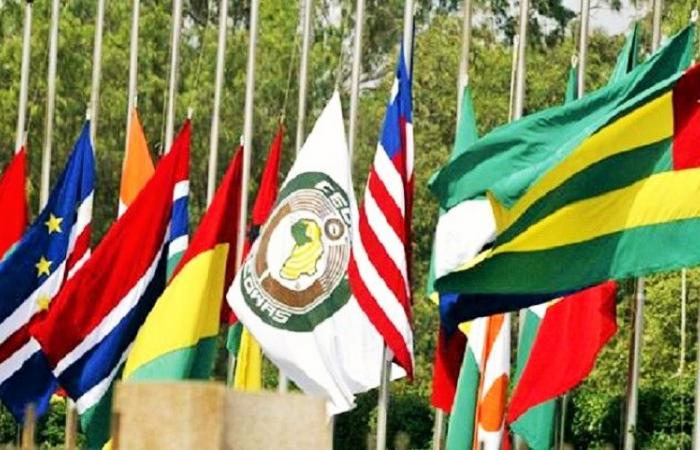The military regimes of Mali, Niger and Burkina Faso on Sunday rejected the deadline for
six-month withdrawal granted by the Economic Community of African States of
the West (ECOWAS) before their final withdrawal, seeing it as an “attempt at destabilization”
external, in a press release.
The three countries that form the Alliance of Sahel States (AES), all governed by juntas
hostile to France, announced in January their desire to leave ECOWAS, a
organization bringing together 15 countries today and which they consider exploited by the former
colonial power.
At a summit a week ago in Abuja, the regional organization announced a deadline of
six-month withdrawal so that the three countries can reconsider their decision after the date
of their official departure, at the end of January 2025. This will be a “transition period” which will last
until “July 29, 2025”, in order to “keep the doors of ECOWAS open” to the three countries,
according to the president of the ECOWAS Commission.
But according to the college of heads of state of the Confederation of Sahel States, this decision
is “only yet another attempt which would allow the French junta and its auxiliaries to
continue planning and carrying out destabilization actions against the AES.”
He said that “this unilateral decision cannot bind the AES countries.” They already had
announced before the summit that their decision to leave the organization was “irreversible”.
The press release signed by the head of the Malian junta, Assimi Goïta, also denounces “
destabilization maneuvers initiated by a handful of heads of state who impose their
desiderata and foreign agendas” within ECOWAS.
The presidents of Senegal and Togo play the role of mediator to try to bring back the
three countries within ECOWAS.
Mali, Niger and Burkina Faso, which expelled the French army from their soil, are cooperating
to contain the recurring attacks of jihadist groups, at the same time as they
bring other powers like Russia closer together militarily and politically.
Their political leaders regularly engage in violent diatribes against
France, which they accuse of wanting to bring “a blow to the emancipatory dynamic
activated by the AES”.
bur-amt/cls






